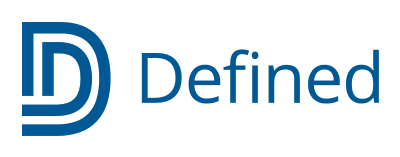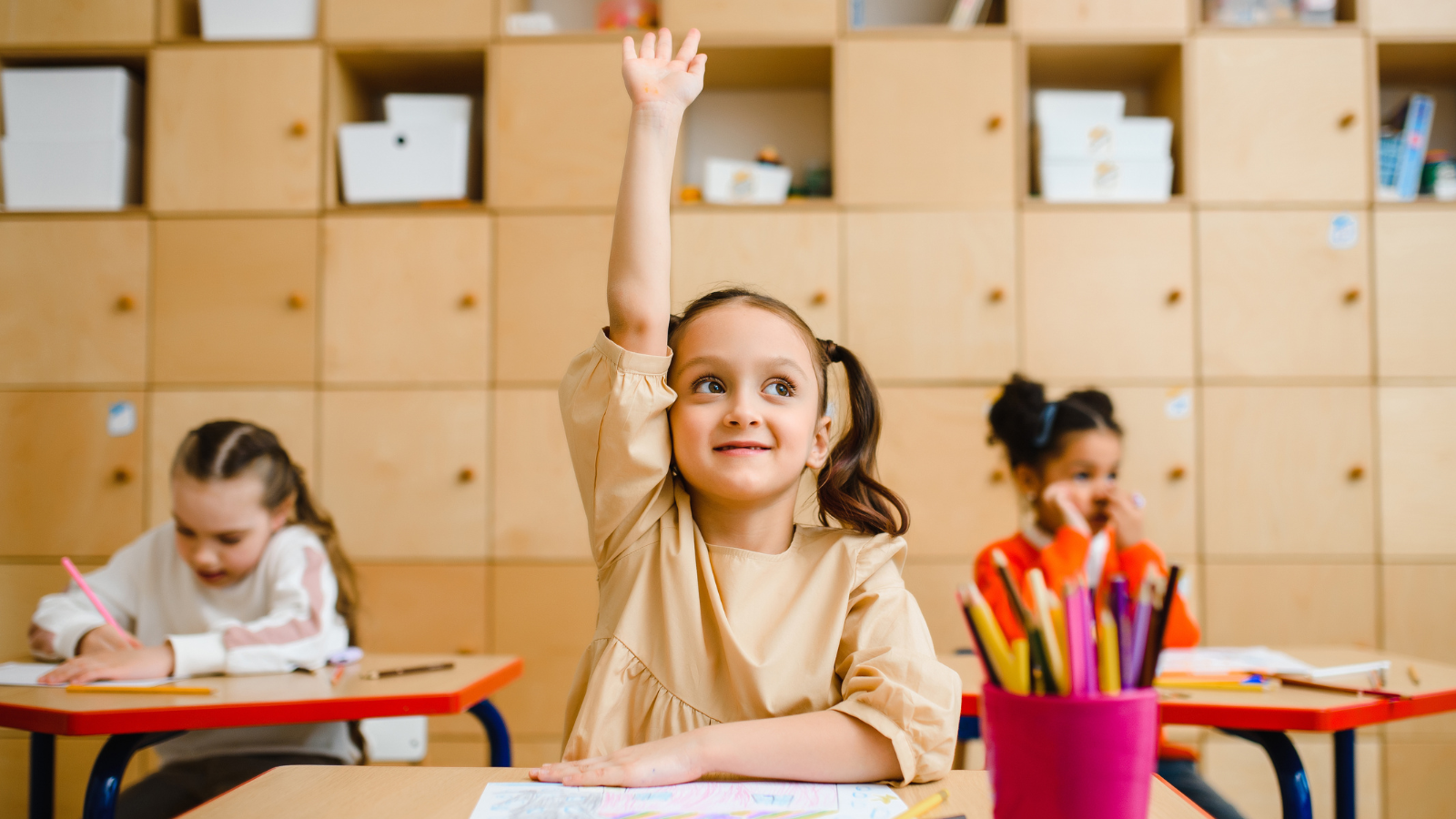Why Deeper Learning? 6 Competencies EVERY Student Needs to Succeed
The term "deeper learning" is taking over today's educational landscape. Learn what deeper learning is, how it meaningfully engages students preparing them for success beyond the classroom, and how you can incorporate deeper learning into your classroom.
In our work as educators, we are continually doing our best to help students prepare for their lives and successes beyond the classroom. During the early 20th century, John Dewey and others advocated for learning that went beyond memorization to include critical thinking, problem-solving, and real-world application. In the late 50’s (and revised in 2001), Benjamin Bloom emphasized higher-order thinking in Bloom’s Taxonomy, distinguishing between surface learning (recall) and deeper cognitive processes (analysis, synthesis, evaluation). This era gave rise to constructivist theories (e.g., Vygotsky, Piaget), which argued that learners construct meaning through experience and reflection. Dewey and Bloom’s emphasis on learning by doing aligns closely with what we now call deeper learning.
The standards movement of the late 90s and early 2000s led to increased emphasis on measurable outcomes, often resulting in a narrowing of curriculum, which still occurs today with an emphasis on test scores. This approach often means much more to adults than for the students being taught. As a reaction to this situation, many educators and researchers began highlighting the need for skills that go beyond test scores such as collaboration, communication, and metacognition.
What does this history lesson mean for us today?
This research and work helped form the basis for deeper learning. The term “deeper learning” became prominent thanks in large part to the William and Flora Hewlett Foundation, which funded research and school networks around this idea. Hewlett (2013) defined deeper learning as the set of competencies students need to succeed in the 21st century:
- Mastering Core Academic Content: Students learn and apply important aspects of academic content and are able to demonstrate their understanding in a variety of ways. Connected to this are often mastery-based and competency-based evaluation methods.
- Thinking Critically and Solving Complex Problems: Students analyze information, make sound judgments, and solve complex problems through problem finding and problem solving.
- Working Collaboratively: Students can work effectively and productively with others to achieve common goals. This collaboration may be in the form of teams with other students, teachers, family members, and/or the community.
- Communicating Effectively: Students can clearly express ideas and information, both orally and in writing, across various platforms. This communication should be clear, concise, concise, coherent, and correct.
- Learning How to Learn: Students develop metacognitive skills, including self-reflection and self-regulation, to become independent learners.
- Developing Academic Mindsets: Students cultivate a growth mindset, perseverance, and a sense of belonging in the learning environment with a focus on relevance and self-efficacy.
These competencies are often framed within the context of future-ready skills, which also include creativity, citizenship, and character. This work has been the foundation for the development of many schools’ Portrait/Profile of a Graduate, emphasizing that these competencies are crucial for students to succeed in a rapidly changing world, both academically and professionally. Battelle for Kids (2025) connected this work with school systems to identify the future-ready skills and competencies students need for success in this rapidly changing, complex world.
Based upon this research, what does this look like for teaching and learning?
The Learning Policy Institute (2025) identified how deeper learning can engage students in learning academic content and applying their knowledge to relevant and authentic real-world problems and challenges. Students in deeper learning environments:
- Engage in inquiry-based and hands-on learning as they investigate scientific, social, historical, literary, artistic, and mathematical questions and develop important projects, arguments, and/or solutions.
- Develop verbal, written, and graphic communication skills through written and oral tasks, projects, and/or presentations.
- Develop competencies that support self-management, perseverance, resilience, and a growth mindset through problem finding and problem solving while working as part of a team.
- Use technologies to seek information and display knowledge, as well as connecting resources, experts, and peers to learn more about the problem and potential solutions.
- Demonstrate their knowledge through performance tasks and assessments, allowing them to demonstrate their understanding and exhibit what they know and can do in authentic ways.
Today, deeper learning is a philosophy and framework promoting student-centered learning, real-world relevance, skill integration, and assessment for learning. It emphasizes students focusing on authentic tasks and future-ready skills and competencies. This research and work create the foundation for the teaching and learning supported by Defined. Defined resources and professional learning workshops support the development and implementation of these ideas for every student in every classroom. Building on these beliefs is also the integration of career-connected learning to help educators everywhere address the opportunity gap and help students learn about what is possible for their lives. The opportunity gap refers to the unequal or inequitable access that students have to the resources, experiences, and support they need to succeed in school and beyond.
Defined and deeper learning is a powerful approach to supporting students impacted by the opportunity gap because both focus on meaningful, relevant, and empowering educational experiences for all students!
References:
Battelle for Kids (2025). A future-ready vision for every student. Retrieved April 17, 2025.
Hewlett Foundation (2013). Deeper learning competencies. Retrieved April 10, 2025.
The Learning Policy Institute (2025). Deeper learning.
About the Author:
Dr. David L. Reese serves as Chief Academic Officer for Defined Learning. During the past twenty years, Dr. Reese has served K-12 students as a science teacher, Curriculum Specialist, and Central Office Administrator. He has taught Masters and Doctoral courses in all areas of curriculum and professional development leadership. His work focuses on providing students with engaging, relevant learning opportunities designed to encourage students to apply content from a local, national, and international perspective.
Learn More About Career Connected Learning @ Defined
Discover how Defined Learning helps students build future-ready skills through project-based learning, STEM, and career exploration.

